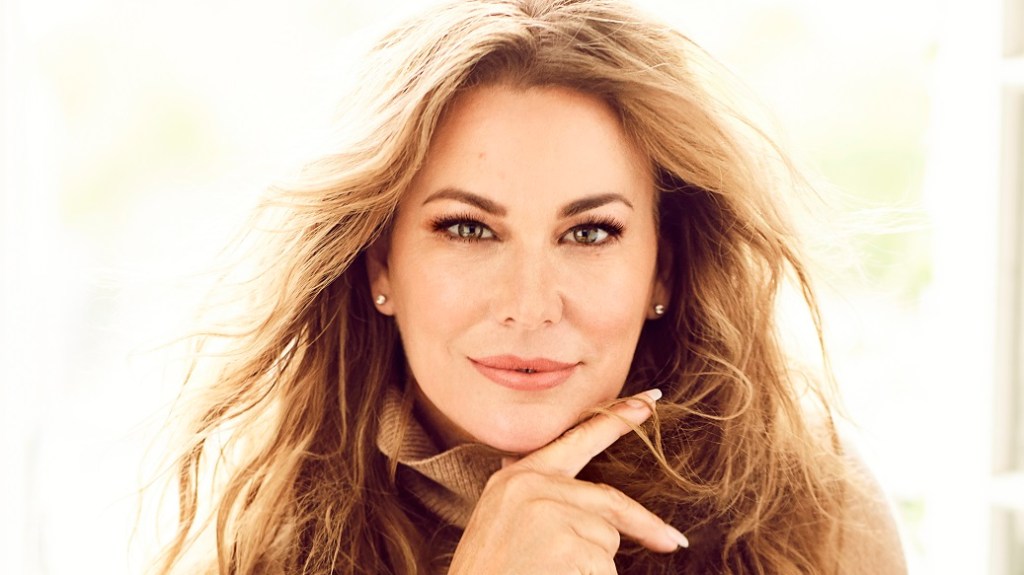UK Household Economic Optimism Dips After Six Months of Improvement
Optimism regarding the UK economy has declined for the first time in six months, leading consumers to focus more on saving rather than spending, according to a long-standing survey.
The GfK consumer confidence index, which has been tracked since the 1970s, remained at -13 over the past month, still above the long-term average of -18 but below City analysts’ expectations.
Growing concerns about the economy’s direction over the next year dampened consumer confidence. GfK’s economic optimism index fell by 4 points to -15, marking the first drop since February. Households were also less optimistic about the economy’s performance over the past year, which included a recession.
Despite the lowered growth expectations, households are less worried about their personal finances in the coming year, with GfK’s budget index rising by 3 points to +6.
Joe Staton, client strategy director at GfK, linked this improvement in consumers’ personal financial outlook to “a mortgage-friendly interest rate cut at the beginning of August — and hopes of more to come.” The Bank of England reduced the base rate for the first time since March 2020 on August 1, lowering borrowing costs to 5 percent from 5.25 percent.
Financial markets anticipate that the central bank will further reduce borrowing costs twice more this year, each by a quarter point.
The savings index increased by 6 points to 33, indicating that households prefer saving their pay increases and benefiting from higher interest rates, rather than boosting retail spending. Economic uncertainty has also kept the savings rate high.
Consumer sentiment towards the economy and their personal situation has improved significantly over the past two years. In August 2022, the confidence index was at -44, and it had improved to -25 by August 2023.
Staton commented: “The broader point beyond the contrasts is that all the key numbers this month are notably more encouraging than 12 and 24 months ago.”
GfK’s index hit its lowest point of -49 in September 2022, the same month that Liz Truss and Kwasi Kwarteng introduced their problematic mini-budget, which unsettled financial markets and increased mortgage rates.




Post Comment